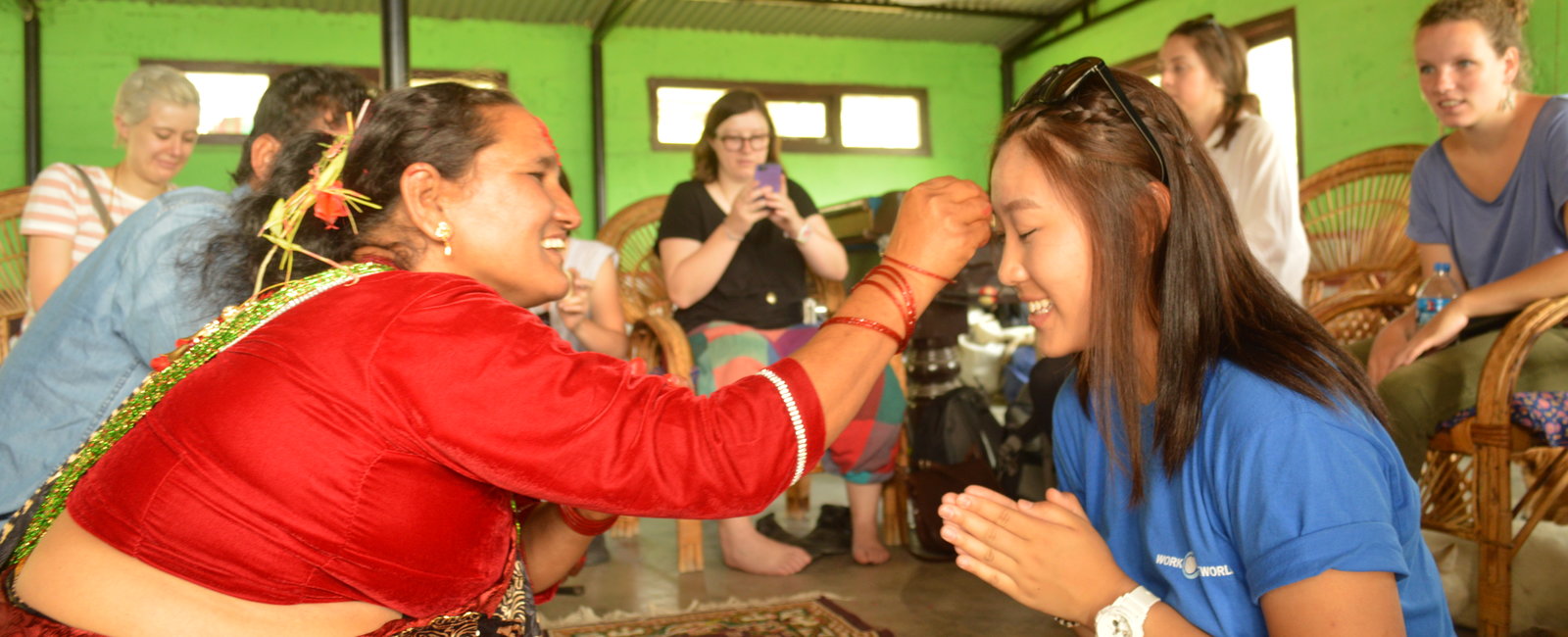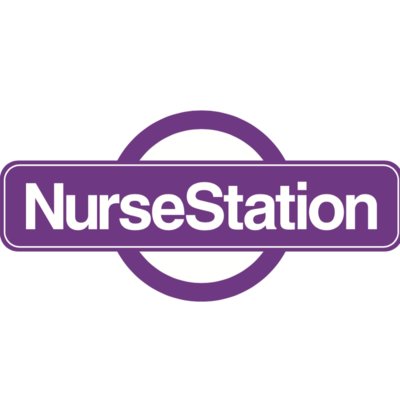Hull York Medical School 2011
I had a truly fantastic elective in Tanzania. I spent six weeks in the Dar es Salaam house, and my final week was spent doing the Village Healthcare Experience.
Initially, I had no idea where I wanted to go for my elective. I wasn’t even sure whether I wanted to go to a developing or a developed country. I wanted to see medicine practised in a completely different culture from the UK. I also wanted to ‘go it alone’ and not travel with my usual group of friends from medical school. However, I was unsure about going to a developing country alone.
In the end, I found Work the World, and their placements seemed so well organised with such good reviews from previous students that the decision became much easier for me. As I was mainly interested in gaining experience in paediatrics, obstetrics and gynaecology, and previous students staying in Dar Es Salaam had specifically mentioned these areas in their reports, it seemed like the obvious place to go (I would be lying if I said the swimming pool at the house in Dar didn’t sway me a little as well!).
"The house in Dar was wonderful. It had everything you could possibly need and all the staff were extremely friendly."
Rehema, the cook, made delicious food every breakfast and evening Monday-Friday; the security guards made us feel safe and were as being very friendly; Rashid, the housekeeper, and Alpha and Mark were invaluable with local knowledge and making sure we settled in at the beginning of our placements. The only possible thing ‘wrong’ with the house was that (as happens everywhere in Dar) we had power cuts fairly often. This didn’t prove too much of a problem as I took a head torch (possibly the most helpful thing I brought to Tanzania!) There are, of course, lots of mosquitoes around, and the bites can itch like mad at times; however, the nearby chemist sold various creams, which helped (I would take your repellent, though, as it is considerably more expensive to buy in Tanzania). It was also great to be living with other healthcare students from all over the world. I met so many lovely people, which meant I was never alone.
I compared my experiences with other students in the house and it seemed that the placements were pretty much as hard-work or relaxed as you wanted them to be. Individual departments and doctors obviously varied in terms of what they expected of you, but generally the hospital staff were happy with whatever assistance you wanted to give. This enabled you to shape and develop your own placement. Obviously every time you went to a new department you would have to get to know the people you were working with, and make an effort to show them your skills and earn their trust. However, I found that smiling and showing my enthusiasm went a long way. There was very little formal teaching, however the doctors were obviously busy getting on with their jobs so I observed and learned from them and got involved where I could.
My first two weeks were spent in paediatrics at the National Hospital in Dar. This is the largest hospital in Tanzania, receiving referrals from across the country as well as serving the local population. I spent the first week in general paediatrics, and saw many cases of common childhood illnesses in Tanzania such as malaria, sickle cell disease and malnutrition. Because these conditions are not common in the UK, I had only ever encountered them in textbooks before, so it was useful (though also saddening in many cases) for me to be able to see these conditions for real. In addition to seeing new pathologies, I also observed differences in the general set-up of the hospital. Wards were overcrowded, generally not very clean, full of insects and patients had no privacy. It was pretty shocking at first, but I soon realised that healthcare in Tanzania is about making the most of the basics. I also had the chance to meet and talk to some Tanzanian medical students. Their training is very similar to UK medical degrees in many ways.
I spent my second week in the paediatric oncology department, the only such department in Tanzania. It was quite overcrowded with three patients to each bed. I tended to work longer hours in this department than during the rest of my elective (usually 8:15am until 5:30 or 6pm) as there were so many patients to attend to and so many jobs to be done. I got involved in a wide variety of things ranging from checking the patients’ observation and drug charts on ward rounds to assisting in bone marrow aspirations and lumbar punctures. Again, there were similarities and differences to medicine in the UK. Although the procedures and treatment regimes were similar, certain drugs had to be modified/changed due to lack of availability and I got used to seeing Ketamine be given as sedation for lumbar punctures. Keeping up with the ward round and writing down all the jobs for the day is good practice for being a junior doctor in the UK.
"Again, I saw many patients with diseases I had only read about in textbooks previously. For example, children with Wilm’s tumours, Burkitt’s lymphoma, acute lymphoblastic leukaemia, xeroderma pigmentosum, retinoblastoma, Ewing’s sarcoma, Kaposi’s sarcoma and rhabdomyosarcoma."
I also learned how to manage new patients in paediatric oncology using steps I will be able to apply for any patient in future. At times, my week in paediatric oncology was hard. It was demanding in terms of being so busy and also emotionally challenging. I saw many extremely ill children, and there was always a degree of sadness when someone’s condition was worsening or we knew that a child did not have a good chance of surviving. I felt particularly sad about one child who I had wheeled to ultrasound and then assisted with performing a bone marrow aspirate on. We had started his treatment, however it was just too late and he died within a few days of admission. Knowing that we had done our best for him helped me to accept his death and to understand that some patients are too ill to survive.
Many children presented at a much later stage of disease than is usual in the UK. This was primarily because people could not afford transport and/or medical bills, so put off seeing a doctor for as long as possible. Many of the patients had also visited traditional healers or ‘witch doctors’ instead of going straight to a medical doctor; so this postponed their presentation even further. It was tragic to see so many delayed presentations for reasons such as these; but the team treated every patient as well as they could and many children did recover. This was inspiring and showed me that paediatrics is extremely rewarding. This week was probably the most memorable of my elective, and I wish I could have done more than a week!
I spent my third and fourth weeks in paediatrics at the government district hospital. As this is a smaller hospital, the children there tended to be suffering from less complex conditions, but I still had the chance to apply some of the knowledge I’d acquired in my first weeks. I saw many cases of malaria, diarrhoea, dehydration, malnutrition, urinary tract infections and sickle cell disease. I learned how to assess and treat children for dehydration and shock, and how to classify and treat malaria according to its severity.
I then spent two weeks in the obstetrics and gynaecology department. I used my practical skills by catheterising patients and in assisting with deliveries, taking the lead role in some instances. I saw several complex births I had never seen before, including two cases of cord prolapse, two breech vaginal deliveries, one hand prolapse and several stillbirths. On one occasion a midwifery student from the UK and I had to use our resuscitation skills on a newborn baby. This was a scary experience, however luckily, the baby’s colour improved within a few minutes, and eventually he was breathing on his own.
For my final week in Tanzania, I went to a rural village near Mikumi National Park. I expected the hospital there to be even smaller and poorer, however I was surprised by the extent of the differences: In the villages even thermometers and clean gloves were hard to come by, let alone more complex pieces of equipment. There are ‘medical officers’ instead of doctors, and I was expected to make diagnoses and formulate management plans on ward rounds. I always discussed my thoughts with the team and felt as though they really respected my opinion. In the outpatients’ clinic, I put into practice some of my newly acquired knowledge (especially about malaria and dehydration in children). I also had the chance to review patients with other problems such as hypertension, ear infections and fever, and examined several hydroceles which increased my confidence in diagnosing them.
Every day I appreciated the importance of good communication skills. I had seen their value in the UK, however being able to speak very limited Swahili made me realise just how much I usually rely on my communication skills in order to be able to do anything in the hospital. Whether taking a history or performing an examination or procedure, I really missed the fact that I could not communicate well with the patients. While examining, I found it nearly impossible to explain what I was about to do, or to give instructions. It made me feel unhelpful on many occasions, especially when all the staff were busy and I wished I could work independently to reduce their workload. Although all the doctors and nurses could speak English, in practice they often spoke in Swahili which meant I had to make a constant effort to find out what was being said. I did my best to learn as much Swahili as possible (and I highly recommend the free Swahili lessons at the house!). However, I could by no means converse fluently and this really reinforced to me the importance of good communication skills in medicine.
It is really impossible to describe exactly what my experience was like (although I have tried my best). I think you can only really find out by going yourself, and I would recommend this experience to anyone. I feel as though I have learned so much about medicine, about different treatment options and about myself from my elective. And although healthcare in Tanzania has many differences from healthcare in the UK, I know I will use many of the things I learned there in my future practice.
Finally, just in case you’re wondering whether I did anything that didn’t involve hospitals in Tanzania, the answer is yes! I visited many places at weekends, during the village experience and during my week of travelling after finishing my elective. Mentioning all of them would require at least another 10 paragraphs! But there is certainly a wide variety of things to see and do in and around Dar es Salaam besides your healthcare placement, and I had many wonderful experiences (Safari being a particular highlight). My advice for anyone considering an elective in Tanzania would be: Go! But take a head torch and an open mind to make it even more incredible.
Read more about our Electives in Africa, where you'll discover various options, in Tanzania and other exciting countries across the continent.

Electives in Africa
If you want to find out more about our electives in Africa, get in touch with our expert team via our short enquiry form.
If you want to find out more about our electives in Africa, get in touch with our expert team via our short enquiry form.

%2022.webp)
%2014.webp)
.jpeg)



